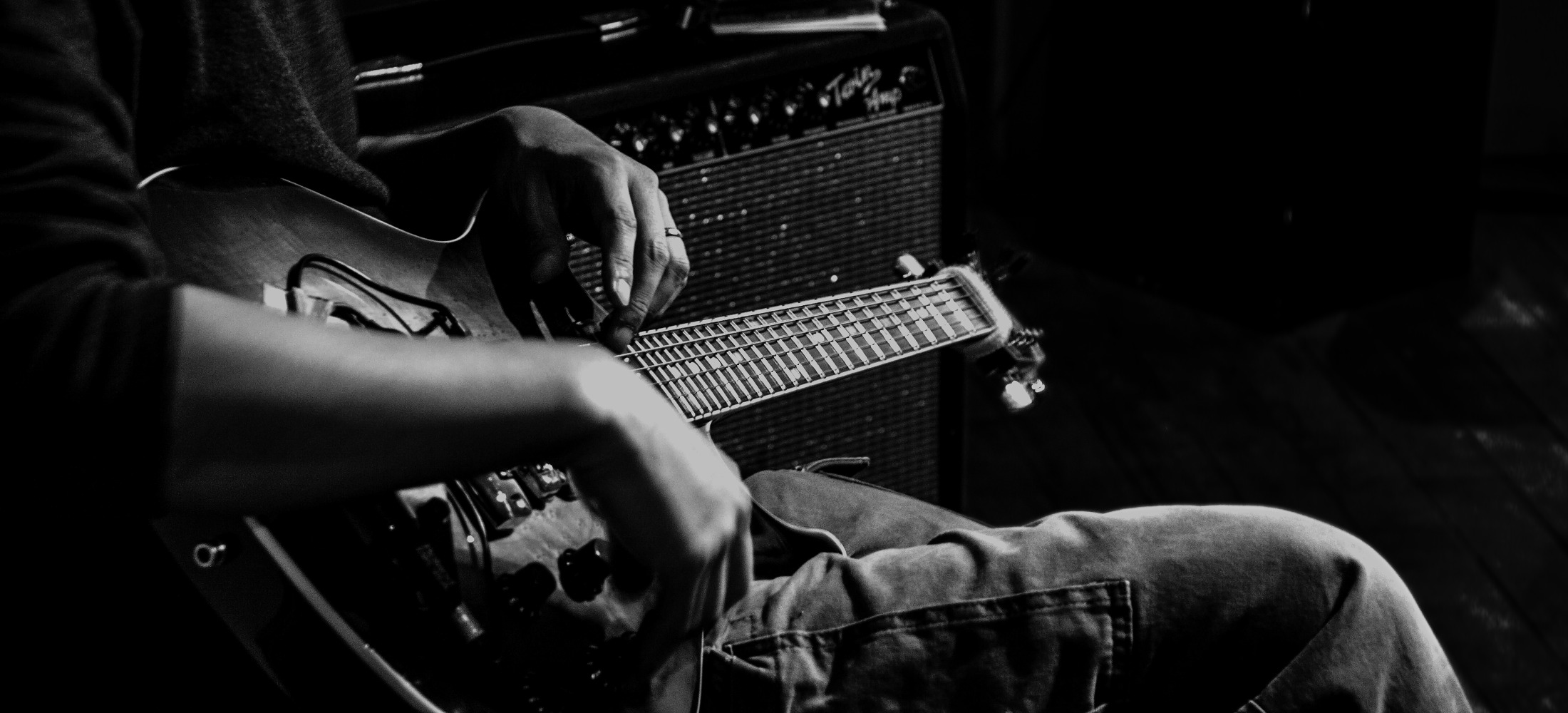Violence and cruelty? Fantastical, twisted, dark, deeply affectionate humanism? Improvisation as embodiment and personification? Place, subjectivity and interiority? As part of the Free Jazz: Sunday Interview, in response to a question about the joy in improvised music, I talk about the “ambiguity of action and reaction; the unknowability of connection”, and that:
The pleasure of play is when trust is a choice, and we choose to trust. When we don’t take each other for granted. When we are fully cognizant of the potential for violence and cruelty, but we choose to take compassion, affinity, consent, desire and agency seriously.
What quality do you most admire in the musicians you perform with?
It’s not one thing for me. It’s never one thing. What you bring to the stage is your humanity—messy, beautiful, dysfunctional, joyous, contradictory, mutable, stubborn, insecure, fractious, but also empathetic and compassionate.
Each musician is different, and each group is different. It’s good, I think, to be sensitive to who the group is, and what the group could be; to be open to what is possible, but cognizant of the differences and inequalities that exist in any ensemble. [Read the rest…]
By the way, I responded to the question, “if you could resurrect a musician to perform with, who would it be?” by saying that “I could only answer that with a cautionary piece of science fiction.” Here’s my draft sci-fi answer that I did not, in the end, hand in to Paul Acquaro, editor at Free Jazz:
An answer by way of a cautionary story:
The noise was unbearable, the light, harsh, blinding. And then.
The machine went silent, dark. The arcs of electricity now only a vague echo of persistent vision. The only sign that there had been unnatural activity was the ozone in the air. As my eyes slowly adjusted, I could make out the bewigged corpse—pale, contorted—but undead presently on the table.
And so now the doubts: What would the masses of the cultured think of their celebrated composer reanimated? Would, as I had hoped in exhuming their idol, they—the patriarchal, white-supremacist colonialists—(re)examine their dreams and pleasures? Would they recognize the violent scaffolding around which they, and their institutions, erected European Liberalism? Or would the Culture Machine masticate these truths, and come to admire their Zombified Idol as a Strongman-Savior in this Post-Truth condition (a Wolfgang Frickin’ Trump)?
Should I have reanimated instead some marginalized or minoritized artist? One who had been forgotten, perhaps, exoticized or tokenized, or footnoted in our Introduction To Music textbook? What would I tell them as they woke to The World 2.0? What would they see? What would the Culture-Industrial Complex of Western Modernity do to that undead being? How would that Complex (re)rationalize the artist’s story and their existence and their purpose?
If you’d like to know more about my concerns about the role of narrative and narrative form in improvisation, or my interest in shifting improvisative play towards a kind of acting, please read the rest of the interview.
